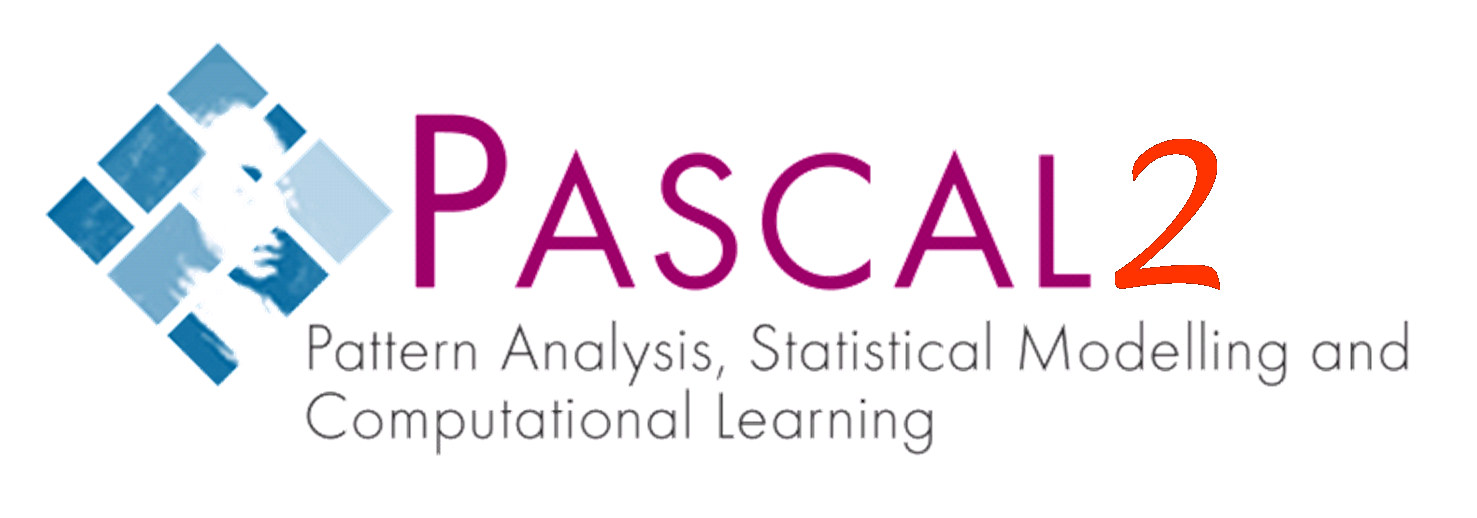
NIPS 2011 Workshop on
Copulas in Machine Learning
December 16th, 2011, Sierra Nevada, Spain
Hotel Melia Sierra Nevada, Genil room

 |
NIPS 2011 Workshop on
|
 |
| Overview | Schedule | Abstract, slides, papers | Submissions |
Announcements
| OverviewFrom high-throughput biology and astronomy to voice analysis and medical diagnosis,a wide variety of complex domains are inherently continuous and high dimensional. The statistical framework of copulas offers a flexible tool for modeling highly non-linear multivariate distributions for continuous data. Copulas are a theoretically and practically important tool from statistics that explicitly allow one to separate the dependency structure between random variables from their marginal distributions. Although bivariate copulas are a widely used tool in finance, and have even been famously accused of "bringing the world financial system to its knees" (Wired Magazine, 2009), the use of copulas for high dimensional data is in its infancy.
While studied in statistics for many years, copulas have only recently been noticed by a
with the aim of facilitating cross fertilization between different perspectives.
|
Invited Speakers:
| Organizers
| Sponsors
|